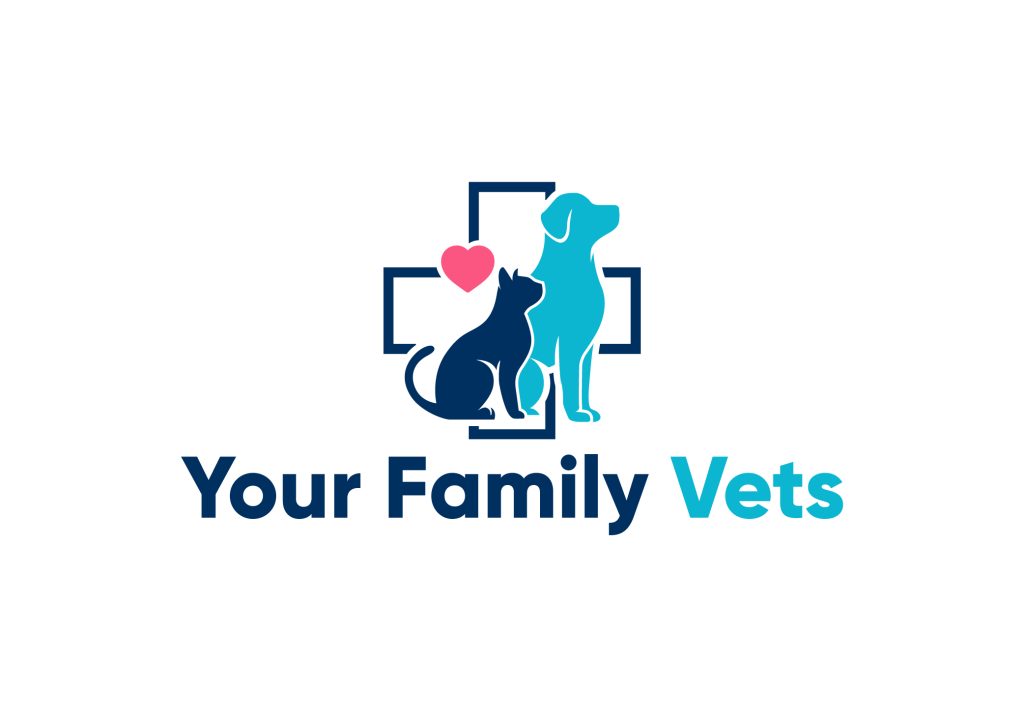What is MRI in Veterinary Medicine?
MRI (Magnetic Resonance Imaging) is one of the most advanced diagnostic tools available in veterinary practice. Unlike X-rays and CT scans, which use radiation, MRI uses powerful magnetic fields and radio waves to generate incredibly detailed images of soft tissues inside the body.
It is particularly valuable for conditions affecting the brain, spinal cord, nerves, muscles and joints. For neurological and complex orthopaedic cases, MRI is often considered the gold standard test.
- No radiation: safe imaging using magnetic fields
- Soft tissue clarity: brain, spinal cord, nerves, ligaments, cartilage
- 3D visualisation: for accurate diagnosis and treatment planning
When do pets need MRI?
We typically recommend MRI for dogs and cats in cases where other diagnostics (X-ray, ultrasound, or CT) do not provide enough information. Common scenarios include:
- Neurology: seizures, collapse, unexplained behaviour changes
- Spinal disease: suspected intervertebral disc disease (IVDD), paralysis or back pain
- Head & ear disease: chronic ear infections, middle/inner ear disease, nasal tumours
- Cancer staging: identifying brain or spinal tumours, assessing extent and surgical planning
- Complex lameness: ligament or tendon injuries not visible on X-ray

